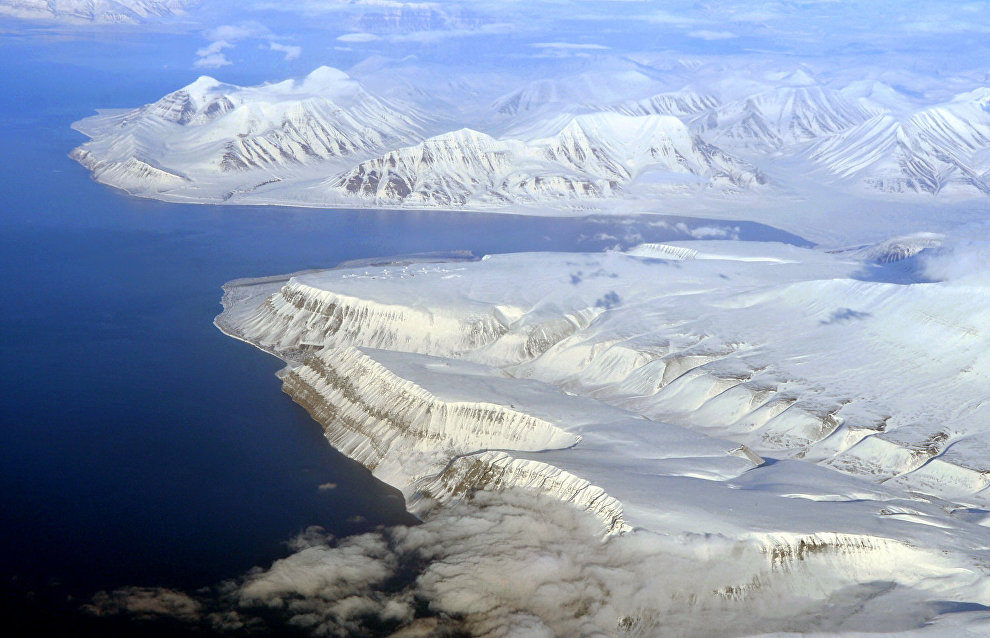Sergei Donskoi satisfied with Russian Research Center on Svalbard
Natural Resources and Environment Minister Sergei Donskoi highly assessed the operation of the Russian Research Center on Spitsbergen (Svalbard) following a report made by the Federal Service for Hydrometeorology and Environmental Monitoring (Roshydromet) on the center's performance in 2016, reads a statement on the ministry's website.
Donskoi said at a meeting of the ministry's consultative council that the efforts made this year to develop fundamental and applied research meet the strategic interests of Russia in the Arctic. Total allocations to the center in 2016 amounted to some 120 million rubles, plus over 30 million rubles in research grants.
The range of research conducted on Svalbard this year has been expanded considerably. In particular, the construction of a cryospheric monitoring site based on the Circumpolar Active Layer Monitoring (CALM) standards is underway near Barentsburg; random ice observations on Nordenskiöld Glacier have given way to long-term monitoring; and the first long-term hydrological monitoring program covering all stages of the hydrological cycle in Gronfjorden Bay and rivers in its basin has been launched.
Roshydromet head Alexander Frolov said the Russian Research Center, which opened on June 28, 2016, is a consortium of research and education establishments working in concert to study the natural environment on Svalbard and the Arctic Ocean around it. The consortium includes 12 members, including three Roshydromet organizations, seven organizations of the Federal Agency for Scientific Organizations (FASO Russia), and two from the Federal Subsoil Resources Management Agency (Rosnedra). A supervisory body whose format was approved in April 2016 is responsible for the general oversight of the center. It includes the heads and experts from the ministries and agencies concerned and leading researchers.
According to the report presented by Frolov, in 2016 FASO Russia organizations assessed carbon dynamics and electromagnetic waves in the super low frequency range, conducted seismic monitoring, and studied the flora and soil patterns. They also conducted the first studies of the mercury content in biological objects in Gronfjorden using the facilities of the chemical analysis laboratory in Barentsburg.
